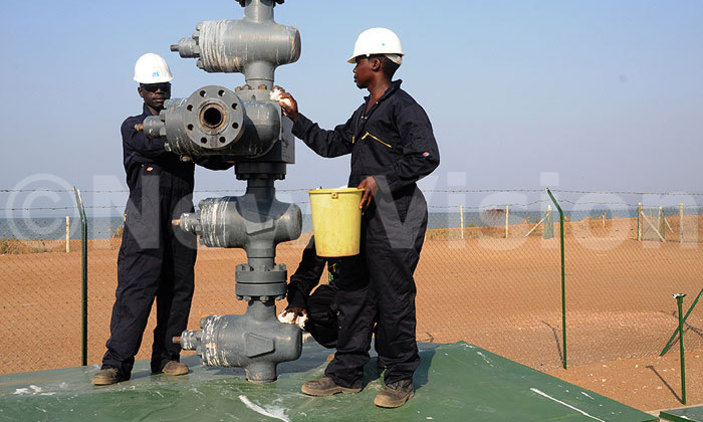Lack of infrastructure and disagreements over taxes and plans with operators have forced Uganda to postpone oil production to 2022.
Uganda’s Energy Minister Irene Muloni is reported by Reuters to have made the announcement at a conference in India.
Uganda was supposed to begin oil production at its Kingfisher and Tilenga blocks in 2021. But it had to now push it to 2022 as a result of new challenges.
The East African country is one of the hot spots for oil development. Total, China National Offshore Oil Corporation, CNOOC and Tullow Oil are operating in Uganda’s oilfield.
Expected investment in oil production
Uganda is currently expecting an investment of about $20 billion in the sector in the next four years. That is to help build a pipeline to the Tanzanian coast and a refinery to jump start its oil industry.
The Country wants to build a pipeline to export its oil and a refinery before before starting oil production.
General electric and a consortium in April last year reached a deal to build and operate a 60,000 barrel per day refinery that will cost $3 billion-$4 billion.
Discovery of oil reserves in Uganda was made ten years ago. Production has delayed on several occasions due to disagreements with field operators over taxes and development strategy.
Massive oil reserve
Geologists estimate Uganda has crude reserves of 6.5 billion barrels in the Albertine rift basin along its border with the Democratic Republic of Congo.
Earlier projections reveals Uganda could be earning over $4 billion annually from its oil and gas industry when the country starts production.
A recent Price Water House Coopers outlook report reveals Africa’s oil & gas industry remains positive amid difficult operating and economic headwinds.
It says tough economic and external conditions have placed pressure on oil & gas companies to be more cost-effective and efficient.
The report also reveals most companies have adopted to a low-cost environment, which promises to be even more beneficial given the current recovering oil price.
Source: Africafeeds.com


